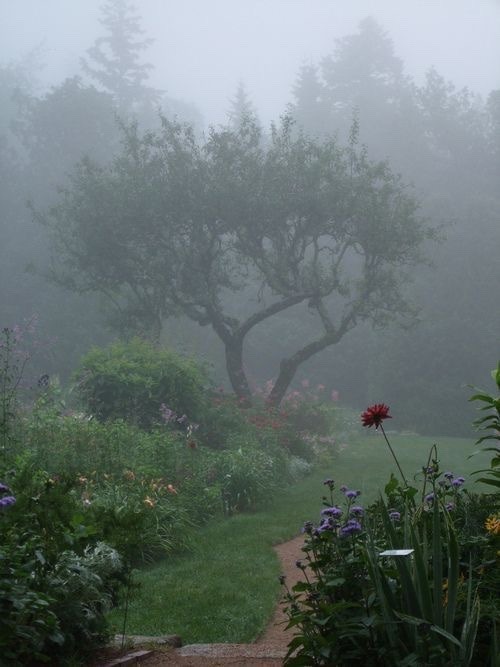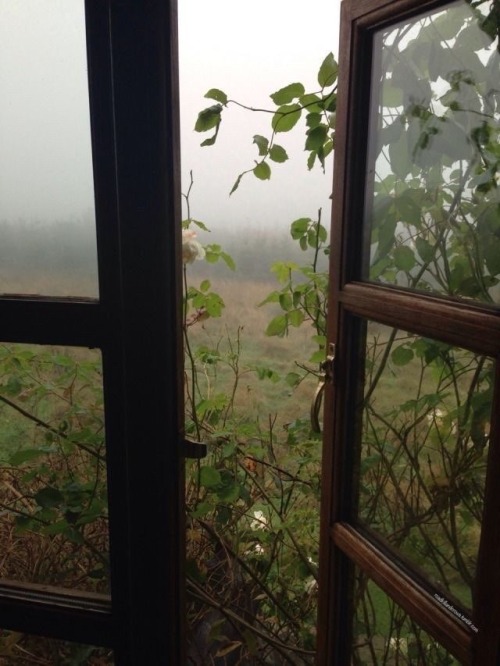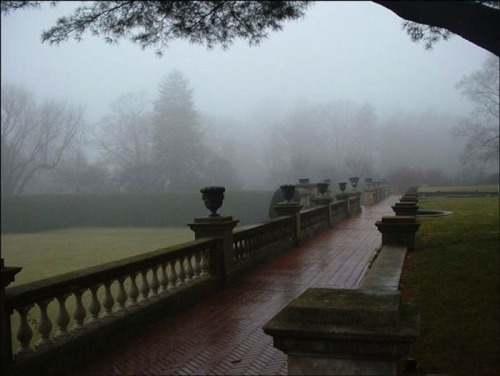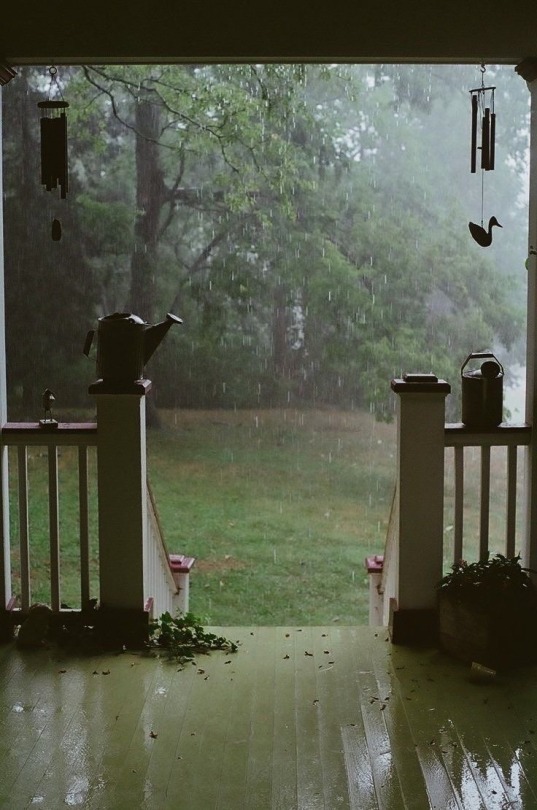A Beautiful Day For Visit The Thyssen-Bornemisza Museum For Free.










A beautiful day for visit the Thyssen-Bornemisza Museum for free.
Tintoretto - The Annunciation to Manoah's Wife, 1555-1559
El Greco- Christ with the Cross, 1587-1596
Canaletto - The Piazza San Marco in Venice, c.1723-1724
Vincent van Gogh - The Stevedores in Arles, 1888
Lucas van Valckenborch I - The Massacre of the Innocents, 1586
Canaletto - The Grand Canal from San Vio, Venice, c.1723-1724
Hubert Robert - Interior of the Temple of Diana at Nîmes, 17[83]
Vittore Carpaccio - Young Knight in a Landscape, c.1505
Lucas Cranach the Elder - The Nymph at the Fountain, 1530-1534
More Posts from Ancientpansy and Others

Crypte, Abbatiale Saint-Philibert, Tournus, Bourgogne, France


Marilyn Monroe photographed by Andre de Dienes in Los Angeles, early 1953.


Sculpture details.

A weathered statue of an angel at a cemetery in Lviv.
| by Alexander Zvir

Church of Chavenay, Yveline region of France
French vintage postcard

Church of Chavenay
Yveline region of France
Pierre Poschadel






the rain knows all my secrets

The painting "Lady in a Fur Cloak" is a work of art that has generated much debate over its authorship over the years. Initially, it was attributed to the renowned painter El Greco, but recent analyses have confirmed that it was painted by the Spanish artist Alonso Sánchez Coello.
Details of the work:
Title: "Lady in a Fur Cloak"
Artist: Alonso Sanchez Coello (c. 1531-1588)
Data: 1580-1588
Technique: Oil on canvas
Dimensions: 79.8 x 65.7 cm
Location: Pollok House, Glasgow
History and Authorship:
The painting was exhibited at the Louvre in 1838, and was attributed to El Greco at the time. In 1853, it was acquired by Sir William Stirling Maxwell, who donated it to the City of Glasgow in 1967, along with Pollok House.
The authorship of "Lady in a Fur Cloak" has been debated for over a century. Detailed technical analyses, including X-rays and comparison with other works, have revealed that the painting shares stylistic and material characteristics with the works of Alonso Sánchez Coello.
The figure portrayed:
The identity of the woman depicted in the painting is unknown, but her elegance and clothing suggest that she belonged to nobility or royalty. Some scholars have speculated that she could be El Greco's companion Jeronima or even an idealized representation of the Virgin Mary. However, the lack of concrete evidence keeps her identity a mystery.
Painting features:
"Lady in a Fur Cloak" stands out for its realistic representation of the female figure, with meticulous details in her clothing, jewelry and facial expression. The use of warm, dark colors, together with the somber background, gives the work a mysterious and elegant air.
The painting is considered one of the most important of the late 16th century in Europe, and is an example of Alonso Sánchez Coello's ability to portray Spanish nobility with precision and refinement.







Yesterday I visited the Penates - the house of Russian painter Ilya Repin. It stands surrounded by pine forest, and the Bay of Finland is a 5 minute walk from the house.
The wooden house is very Russian style with little roofs and multiple terraces and enamel fireplaces in every room. There's a large studio on the second floor with large windows and skylights to allow as much natural light in as possible.
Repin was a very prolific painter and a huge name in his day, but also a bit of an eccentric. He always slept in a small unheated terrace, even through the winter. Him and his wife were vegetarian and practiced no-help dinner parties (with no servants at the door or the table). His weekly dinner parties on Wednesdays were attended by a multitude of artists, musicians, scientists. He was friends with Gorky, Mayakovsky, Chukovsky, Tolstoy, Yesenin etc. etc.
(Last picture: Ilya Repin paints opera singer Fyodor Shalyapin in his studio, 1914.)

Old things are always in good repute, present things in disfavor. Tacitus
3 posts